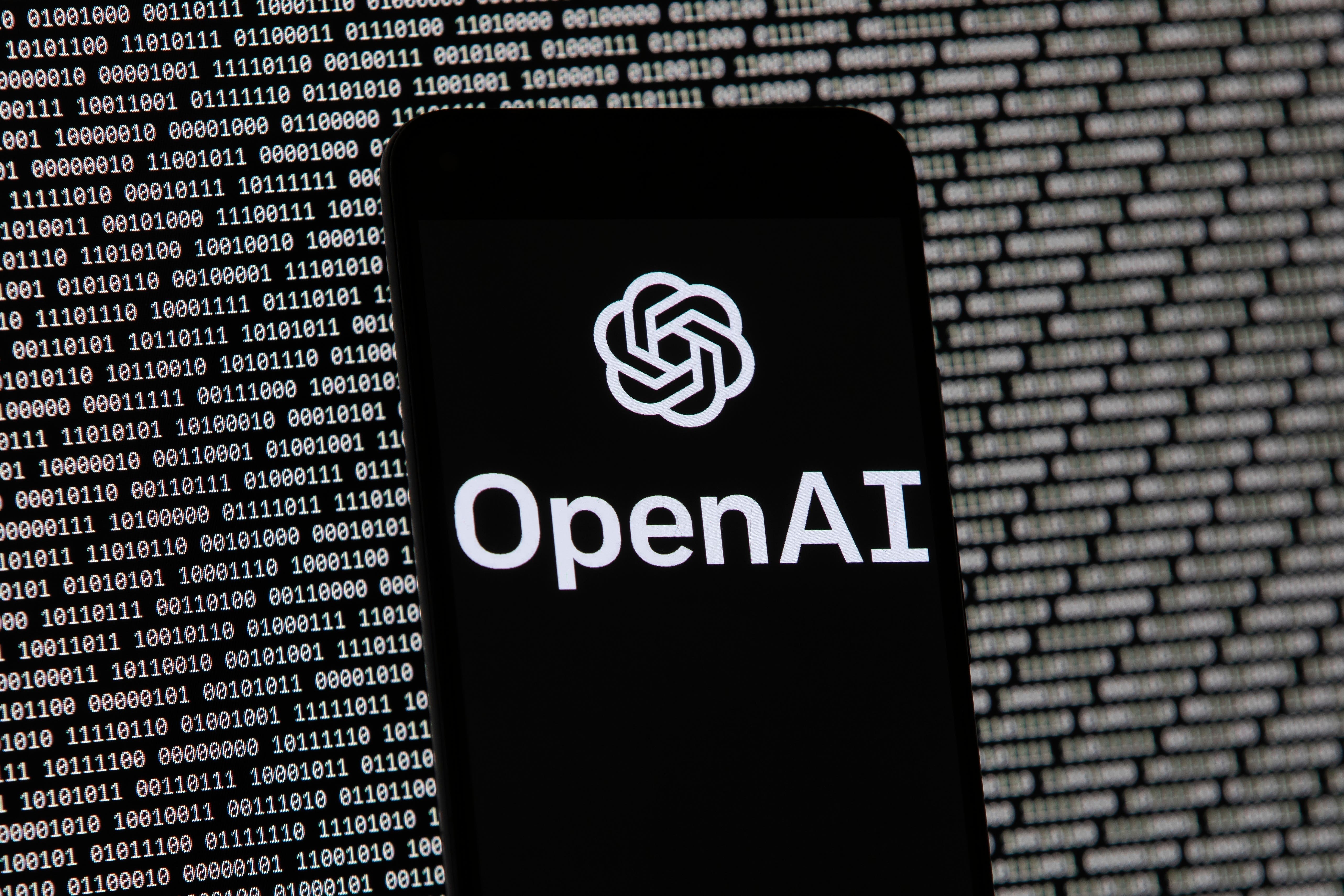OpenAI to start rolling out its new voice mode
The Advanced Voice Mode was first previewed in May, but faced controversy over claims it imitated actress Scarlett Johansson.

ChatGPT maker OpenAI has confirmed it will begin rolling out the first version of its new, more natural voice-control tools to a select number of users later on Tuesday.
When it was first previewed in May, Advanced Voice Mode caused controversy after many commented on similarities between one of the voices used in the app and actress Scarlett Johansson.
Johansson famously provided the voice for the AI interface in the 2013 film Her, set in the near future and where Joaquin Phoenix’s character slowly falls in love with the virtual assistant.
OpenAI has since “paused” the use of the voice in question, and its announcement on Tuesday said the initial rollout of the new tool would not include that voice.
OpenAI said it had made it so ChatGPT could not impersonate other people’s voice, both individuals and public figures, and would block outputs that differ from one of its four preset voices.
The AI firm said it had also added new filters which will recognise and block certain requests to generate music or other copyrighted audio.
Concerns have been raised about the use of generative AI tools to create misleading content of public figures such as politicians, while concerns have also been raised in the creative industries about the use of AI to rework copyrighted material to create musical content.
OpenAI says Advanced Voice Mode will offer more natural, real-time conversations with its chatbot, including the ability to interrupt and still continue a natural conversation, with the app able to sense and respond to emotions.
The AI giant said the the new tools would initially be offered to a small group of subscribers to its ChatGPT Plus subscription, and testing would continue as part of a gradual rollout.
Bookmark popover
Removed from bookmarks